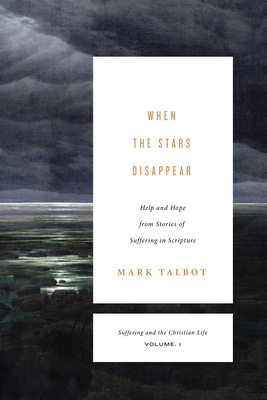What do you think?
Rate this book


144 pages, Paperback
Published August 25, 2020
“Biblical faith and hope are grounded in God’s self-revelation that - no matter how dark and hopeless life may now seem - his saints will ultimately know him as ’the God of chesed,’ for that is indeed his name.”